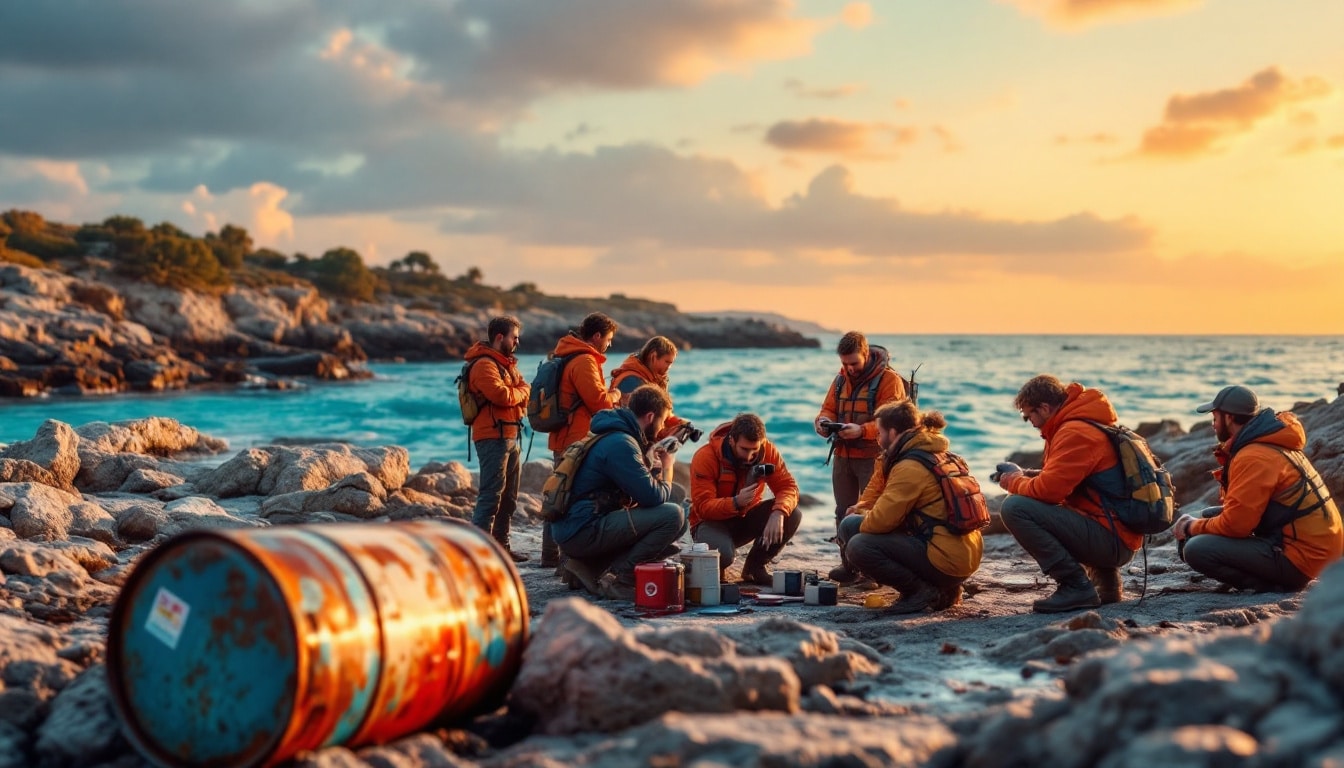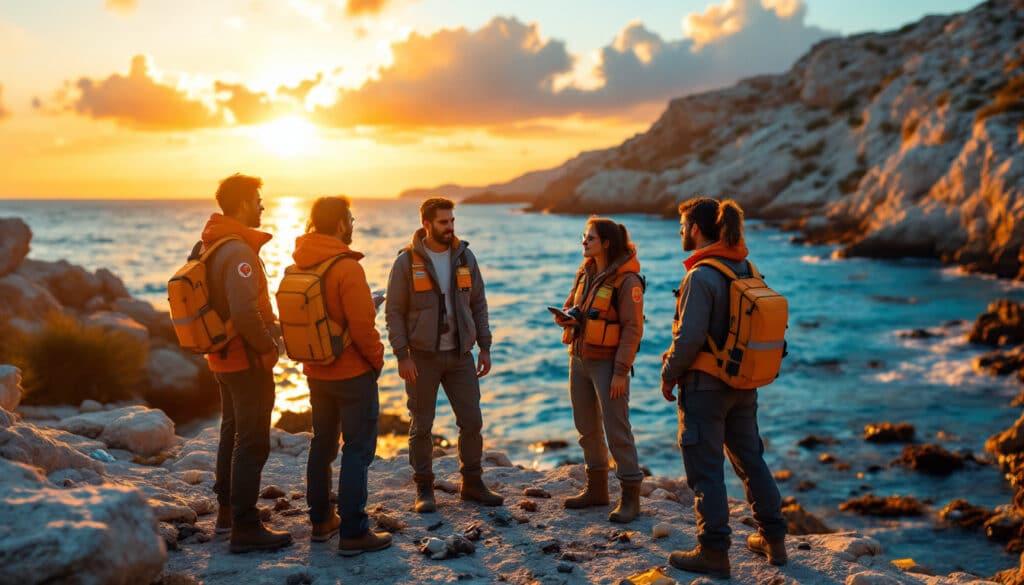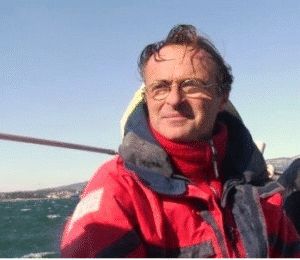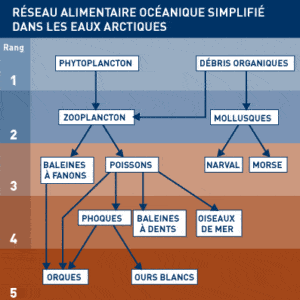“`html
Cookies and data are essential for delivering and maintaining Google services. They also help track outages and protect against spam, fraud, and abuse. Furthermore, they measure public engagement and site statistics to understand how our services are used.
By accepting all cookies, we will be able to develop and improve new services, assess advertising effectiveness, and display personalized content based on your settings. Personalized ads may also include more relevant results, recommendations, and tailored announcements based on your past activities, such as your previous Google searches. If you choose to refuse all cookies, we will not use them for these additional purposes. Non-personalized content is influenced by the content you are currently viewing, activity in your active search session, and your location. We also use cookies and data to tailor the experience to your age group, if relevant. Select “More options” to see additional information including details on managing your privacy settings. You can also visit g.co/privacytools at any time.

The Aegean Sea, renowned for its beauty and biodiversity, faces an increasing threat off the coast of Alonissos. Environmental groups are sounding the alarm due to the scale of marine pollution that compromises the fragile balance of this unique ecosystem. This situation raises crucial questions about the causes, consequences, and potential solutions to preserve this paradise.
Table of Contents
ToggleWhat are the main sources of pollution off Alonissos?
Marine pollution around Alonissos comes from multiple sources, both local and international. One of the main contributors is the discharge of plastic waste, often transported by ocean currents from other regions of the Mediterranean. These plastics, persistent in the environment, break down slowly, releasing toxic substances that affect marine wildlife.
Furthermore, intensive tourist activities play a significant role. The rising number of visitors leads to increased waste generation, particularly food waste and packaging, which can easily end up in the sea. Additionally, port infrastructure, sometimes inadequately equipped to manage these flows, contributes to the degradation of water quality.
Industrial discharges from ships, including hydrocarbons and lubricants, constitute another major source of pollution. These substances, often released accidentally or due to poor management, have devastating effects on marine ecosystems, disrupting the life of marine organisms and altering natural habitats.
Finally, terrestrial agricultural practices, such as excessive use of pesticides and fertilizers, lead to runoff from the land to the sea, enriching waters with nutrients and fostering the proliferation of dead zones where marine life cannot thrive. This mix of local and global sources illustrates the complexity of combating marine pollution in Alonissos.
What are the impacts of pollution on the marine ecosystem of Alonissos?
The impact of marine pollution on the Alonissos ecosystem is profound and multidimensional. Plastic waste ingested by marine wildlife, such as fish and turtles, causes internal injuries, digestive blockages, and death. Additionally, microplastics, resulting from the breakdown of larger plastics, accumulate in the food chain, affecting not only marine species but also humans who consume these fish.
Hydrocarbons and other chemicals released by ships have toxic effects on marine organisms, disrupting biological processes and reducing the capacity of species to reproduce and survive. These substances contaminate water and marine sediments, compromising habitat quality and reducing biodiversity.
The runoff of pesticides and fertilizers promotes the phenomenon of eutrophication, where an excess of nutrients leads to an overgrowth of algae. This excessive algal growth blocks the light necessary for marine plant photosynthesis, reducing the oxygen available in the water and creating areas where marine life is unlivable.
These disruptions have a domino effect on the entire marine ecosystem, leading to a decline in populations of fish, corals, and other marine species essential to ecosystem health. The degradation of these natural habitats also jeopardizes the livelihoods of local communities that rely on fishing and tourism.
What initiatives are being implemented to combat marine pollution in Alonissos?
In response to the urgency of the situation, several initiatives have been launched to combat marine pollution around Alonissos. Local and international environmental groups are collaborating to organize beach and water clean-up operations aimed at reducing the amount of plastic waste and other pollutants in the sea. These regular clean-ups are essential to remove waste before it decomposes and releases toxic substances.
At the same time, awareness programs have been established to educate the local population and tourists about the importance of waste reduction and recycling. These programs encourage responsible behaviors, such as using reusable bags and reducing single-use plastic. A notable campaign can be found in the article How waste management transforms our environment and daily lives.
On the legislative front, stricter regulations have been implemented to control industrial discharges and waste management practices of ships. These laws aim to limit accidental discharges and impose higher standards of marine environmental protection.
Additionally, research projects are being undertaken to better understand the dynamics of marine pollution and develop innovative solutions. Researcher Ben Halpern, for example, is working on strategies for restoring marine habitats and on the blue economy to promote sustainable development in the maritime sector.
How does international collaboration contribute to reducing marine pollution?
The fight against marine pollution off Alonissos requires collaboration beyond national borders. International initiatives play a crucial role by sharing resources, knowledge, and advanced technologies to effectively combat pollution. For example, partnerships similar to the one described in the article HDF Energy and several partners join forces to decarbonize the maritime sector in Indonesia could inspire coordinated actions in the Mediterranean.
International agreements also allow for the standardization of environmental regulations, ensuring that all participating countries adhere to minimum marine protection standards. This is essential to control pollutant discharges from ships and port facilities, thereby ensuring better water quality and a significant reduction in pollutants.
Furthermore, scientific exchanges and joint research projects facilitate innovation in cleaning and treating marine waters technologies. Solutions such as advanced filtration devices and real-time monitoring systems enable early detection of pollution and rapid intervention to minimize damage.
International cooperation is also vital for funding conservation and restoration projects for marine ecosystems. Funds from various sources, including non-governmental organizations and governments, are essential to support local actions and ensure the sustainability of protection initiatives.
What role can citizens play in the fight against marine pollution in Alonissos?
Citizens have a fundamental role to play in the fight against marine pollution. By adopting environmentally friendly behaviors, everyone can contribute to preserving the marine ecosystems of Alonissos. For example, reducing single-use plastic, prioritizing recycling, and participating in beach clean-up programs are simple yet effective actions.
Moreover, citizens can actively engage by supporting local initiatives and participating in awareness campaigns. By informing those around them and promoting sustainable practices, they help create a community aware of the importance of marine protection. Useful resources and action ideas can be found in articles like How can we all together save our oceans from marine pollution.
Citizen engagement can also involve advocacy with local and national authorities to strengthen environmental regulations and support research and restoration initiatives. By exerting positive pressure, citizens can influence public policies and promote a more protective legislative environment.
Finally, supporting eco-friendly companies and products is an indirect but significant way to act. By choosing environmentally friendly products and by supporting companies committed to sustainability, consumers encourage more responsible business practices and contribute to the overall reduction of marine pollution.
What challenges need to be addressed to ensure the sustainability of efforts against marine pollution?
Despite ongoing initiatives, several challenges hinder the sustainability of efforts to combat marine pollution in Alonissos. One of the main obstacles is the lack of adequate funding to support long-term cleaning, research, and awareness programs. Without sufficient resources, initiatives risk faltering and failing to achieve their goals.
Another major challenge is coordination among the various stakeholders, including governments, businesses, researchers, and citizens. Effective collaboration requires transparent communication, alignment of goals, and fair distribution of responsibilities. Conflicting interests and priority disputes can complicate the implementation of joint projects.
Moreover, the complexity of marine pollution sources demands multidimensional solutions tailored to each type of pollutant. For example, managing plastic waste requires different approaches than those used to address hydrocarbons or agricultural nutrients. This diversity complicates the design and application of global pollution reduction strategies.
Finally, awareness and education remain crucial issues. Despite the efforts made, some of the population may not be fully aware of the extent and consequences of marine pollution. Strengthening environmental education and promoting a culture of ecological responsibility are essential to ensure continued engagement from citizens and stakeholders involved.
To overcome these challenges, it is essential to strengthen partnerships, ensure stable funding, and continue innovating in marine management and protection practices. Additional resources can be consulted in articles such as What does truly sustainable mean? An exploration of marine life on YouTube, which explores innovative approaches for increased sustainability.
What are the future prospects for marine pollution in Alonissos?
The future prospects for marine pollution in Alonissos largely depend on the effectiveness of actions taken today. If current cleaning, regulation, and awareness initiatives are maintained and strengthened, it is possible to observe a significant improvement in water quality and a gradual restoration of marine habitats.
Moreover, technological innovation plays a key role in future prospects. The development of new waste treatment methods, the establishment of advanced monitoring systems, and the adoption of sustainable fishing practices are levers that can contribute to reducing pollution and protecting marine ecosystems.
Strengthening international cooperation and the continued engagement of local communities are also essential to ensure coherent and sustained action. By working together, countries in the region can share experiences, technologies, and best practices, thereby creating a mutual support network for ocean protection.
Additionally, promoting the blue economy, as highlighted by researchers such as Ben Halpern, offers a promising path. By integrating sustainability principles into economic activities related to the sea, it is possible to reconcile economic development and marine environmental preservation.
Finally, educating and raising awareness among new generations will ensure ongoing consciousness and shared responsibility towards ocean protection. By investing in environmental education and encouraging young people to engage, we can hope to build a future where marine pollution is significantly reduced and the marine ecosystems of Alonissos are preserved for future generations.









